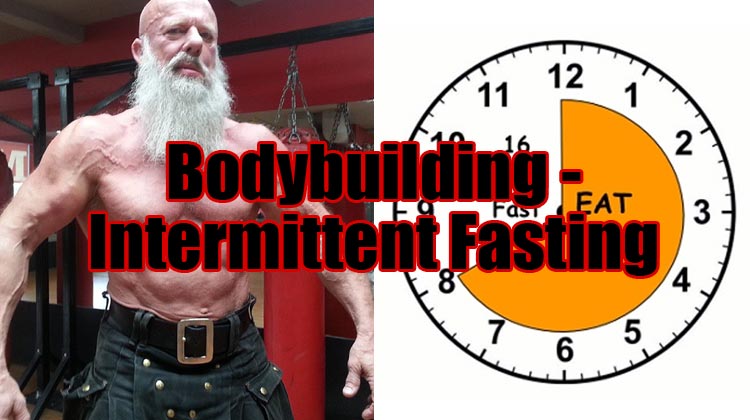
Forget about your conventional calorie restrictive diet. If you want to lose fat and still make some solid gains, you might want to give Intermittent Fasting a go.
One of the Spot Me Bro team wrote a little account this a while ago, which you can read here. Terry Crews is also known to be a HUGE supporter of it, and everyone knows that he’s a brute.
Seasoned bodybuilders often claim you need to be eating little and often; cramming brown rice, turkey, greens and a pinch of salt into plastic takeaway tubs – day in, day out.
There’s a reason for this…
When you have a small meal every 2 hours, as an example, you’ll be taking advantage of TEF.
TEF stands for the thermic effect of food; this means that with each meal you eat, your metabolism increases.
What does this do? Well, it ensures that you’re always keeping your metabolic rate ticking over just that touch higher – meaning you’re feeding your tiny muscles throughout the day.
It won’t necessarily make a massive difference (the science is still up in the air about whether smaller meals increases metabolism that much), but any little potential advantage is worth exploring.
Everyone is different depending on body weight, training and goals etc. However, 5-6 meals is around the normal amount you’ll need to benefit from this. Mostly because if you’re jacked you’ll feel hungry every couple of hours anyway.
But what if there is another way, ensuring lean gains and other benefits too?
Enter Intermittent fasting for bodybuilding.

What is Intermittent Fasting?
Intermittent fasting is summed up as a diet that sees you cycle between eating and fasting.
One of the more common approaches to IF; a 16 hour period of fasting (consuming no calories) and then an 8 hour window to eat your daily allowance.
Why is this beneficial? Well, intermittant fasting is a lot more flexible in terms of what you can eat too, which is always a bonus.
Not only that; you’re not constantly having to worry about hitting the correct protein intake for each meal, as you’re not always having to fuel up your muscles and achieve protein synthesis with each one.
But won’t that ruin my gains?
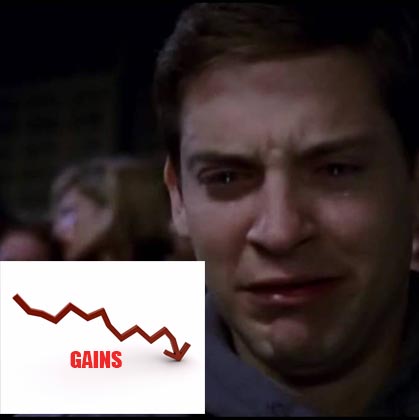
Nope. Say you’re eating window is the fairly standard 8 hours and starts at 1pm through till 9pm, you’re body will enter a ‘fasted state’ in the morning.
During this period you’re going to jack up your anabolic hormones.
How Intermittent Fasting Works
It works through a decrease in Leptin, a hormone that inhibits feelings of hunger.
Ultimately, your body responds to this by producing more testosterone (which declines at 1% each year after you turn 30, so this is definitely beneficial).
As a result, testosterone is something every bodybuilder should be chasing.
What’s surprising though, is that along with testosterone, one study [1] found a 2000% increase in human growth hormone levels during those periods of fasting.
But that’s not the only benefit; intermittent fasting is also far simpler than planning your entire life around meal times – and starving to death between each small portion of broccoli, chicken and rice.
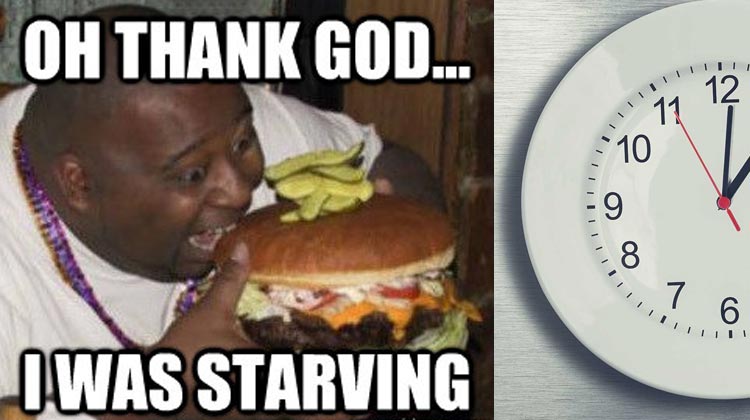
How can bodybuilders use Intermittent Fasting?
We’ve already said that intermittent fasting can seriously elevate your HGH and T levels.
Well, these are absolutely essential hormones for anyone who lifts weight and puts their body through as many stresses as a bodybuilder.
But remember; it’s still important to eat according to your goals and tweak your intermittent fasting diet to suit you.
Calories do still matter, and what you eat does still matter. But you can be slightly more lenient and just make sure whatever amount of calories you need, you consume in your eating window.
If you are going to be training in a fasted state, (black coffee is your friend here) you are going to boost the effects of post workout nutrient partitioning; this basically means your body is better utilizing post workout food for energy, fat or excretion (taking a shit).
Because intermittent fasting forces the body to make better use of the food source, it’s going to prioritize building new muscle tissue and replenishing energy over fat storage.
So you are essentially lean-bulking.
It’s worth remembering, that if you are trying to cut weight and build muscle, then regular fasting can be beneficial. But if you are wanting to keep bulking up, a 24 hour fast once or twice per week can still yield all the benefits outlined above.
Intermittent Fasting Schedules for Bodybuilders
Intermittent fasting is flexible as hell. Which is one of the great reasons to start.
You can basically make it work around you and your life. Like we mentioned above, one of the more common approaches is to simply skip breakfast and eat no later than 8pm in the evening.
Here’s what we just explained:
- 1pm-9pm Eating Window
- 9pm-1pm Fasting Window
The flexibility not only comes with the times you can choose to eat, but also with the length of time you fast. Some people choose to do a 6 hour eating window, to further extend the length of time their body is in a fasted state – ultimately, you can mix things up and get the same results.
If you’re mental and hate yourself – you could join the group of people who choose to have a complete 2 day fast every couple of weeks.
The thought of this makes us want to cry though, so we won’t be having a go. This isn’t exactly suitable for bodybuilders either as you need to still need to maintain your muscle.
Alternatively, if you are bulking, you might try a single day fast. Once per week. We know this sounds daunting, but you don’t need to eat as much as you think.
Breakfast, ‘the most important meal of the day’, as we are told, isn’t as important as cereal companies have made us think over the last few decades.
You think cave men we’re panicking about where they could find a bowl of porridge at 8am, turkey breast and rice at 10am, white fish and potato at 12pm etc?
Absolutely not.
Mentally, this sort of fast can really help break unhealthy ties you have with food and meal times too.
You don’t need to eat at all times. You’ll still pile on muscle and catch up on calories after implementing single day fast.
Here’s an example of this;
- Sunday – Eat as normal
- Monday – Stop eating at lunch
- Tuesday – Start eating at Lunch
- Wednesday – Eat as normal
This single day fast can really help with those hormone levels and whilst it will put you in a calorie deficit at the start of the week – meaning you can easily catch up with meals over the next few days to continue bulking up.
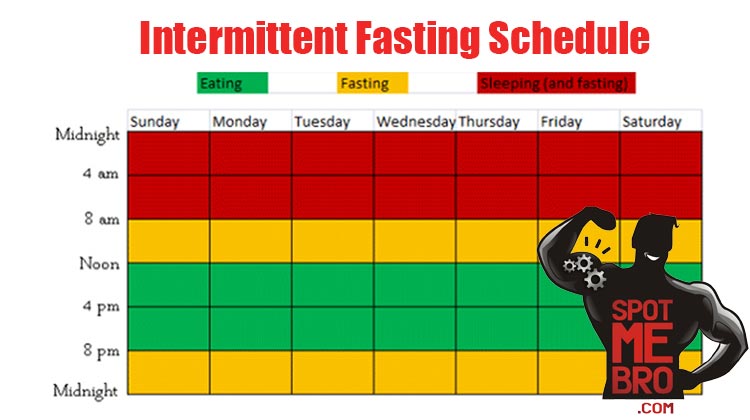
Other Benefits of Intermittent Fasting?
The main benefits for bodybuilders are the release of essential hormones and the fact it is a lot easier to cut down on your calorie intake (without freaking out over 6 tiny meals and the time to eat them every day).
But there are also a number of other benefits from breaking up with food every once in a while;
- You’ll live longer (and hungrier at times)
According to this study [2] alternate day intermittent fasting saw people live a longer life. This is most likely because when you’re in starvation mode, your body finds other ways to extend your life.
- Reduces the risk of cancer
Whilst there isn’t a huge amount of science behind this one yet, one comprehensive analysis [3] (a scientific study of loads of scientific studies) found that intermittent fasting can help reduce the risk of cancer and cardiovascular disease.
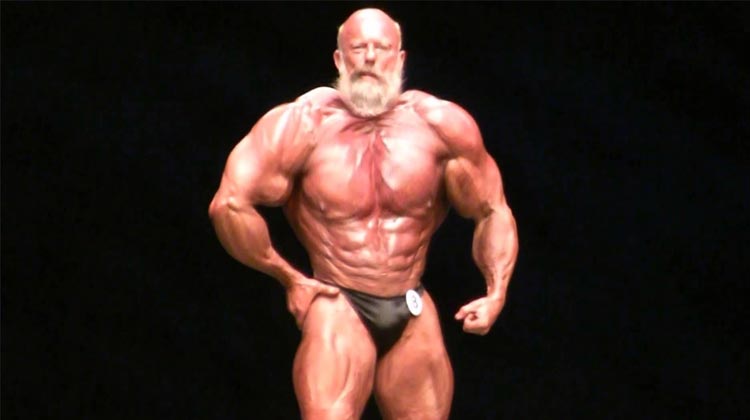
Bodybuilding – Intermittent Fasting Conclusion
We’ve basically waffled for around 1000 words now. But in summary, intermittent fasting can be a great choice for a lifter wanting to move away from the standard 6 meals a day, restricted diet plan but still yield most of the benefits.
The ease of doing intermittent fasting also means it’s 100% worth giving a try – even if it’s just for a month of your life. You might even extend it by the month.
References:
[1] Fasting enhances growth hormone secretion and amplifies the complex rhythms of growth hormone secretion in man: https://www.ncbi.nlm.nih.gov/pmc/articles/PMC329619/?page=6 [2] The effect on health of alternate day calorie restriction: Eating less and more than needed on alternate days prolongs life: http://www.medical-hypotheses.com/article/S0306-9877(06)00089-2/abstract [3] Alternate-day fasting and chronic disease prevention: a review of human and animal trials1,2,3: http://ajcn.nutrition.org/content/86/1/7.full
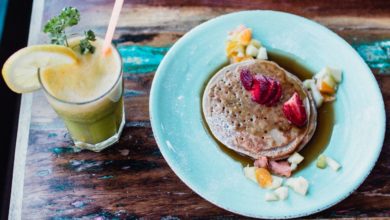


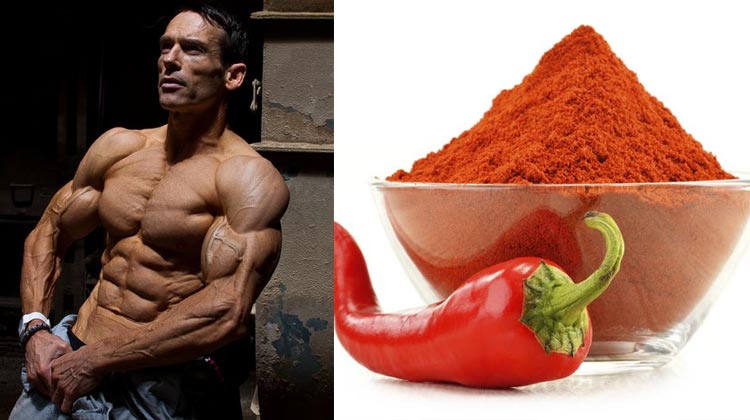

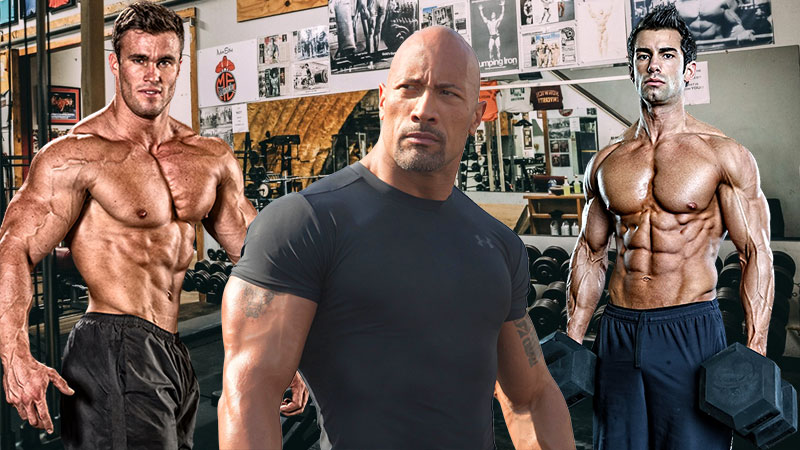
How can I use a 21 hours of fasting per day every day with working out every other day for three days a week every week?